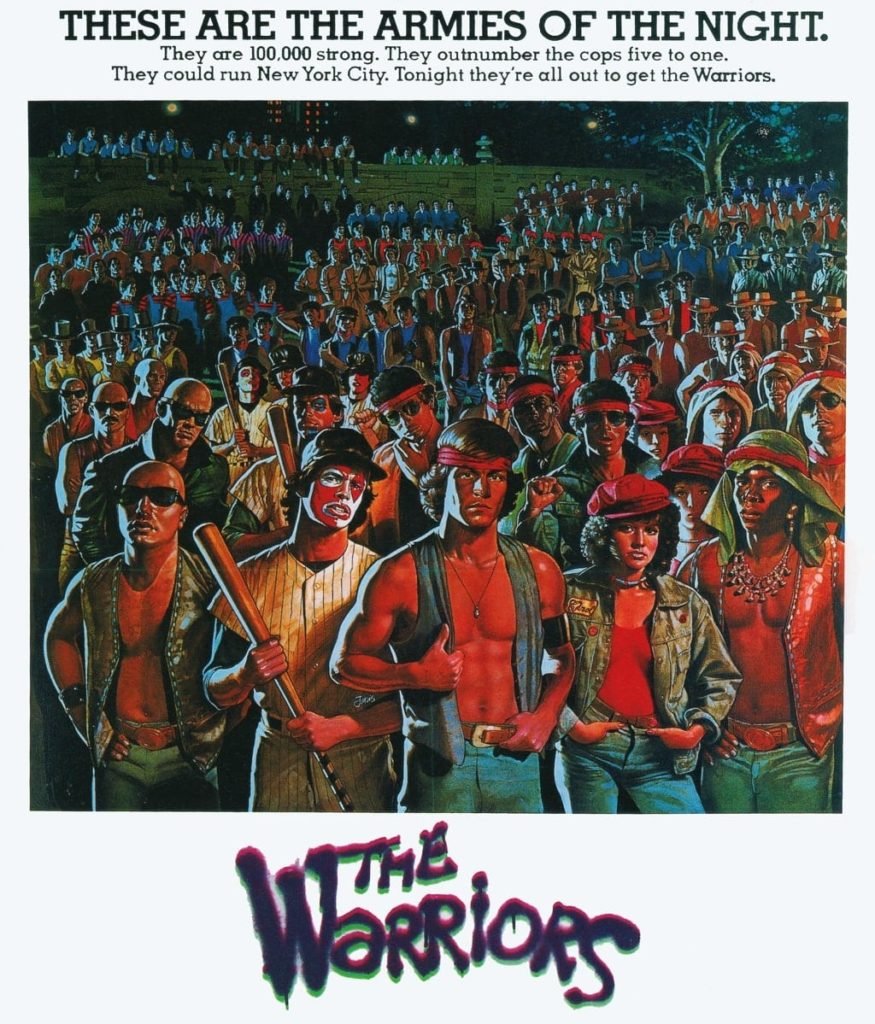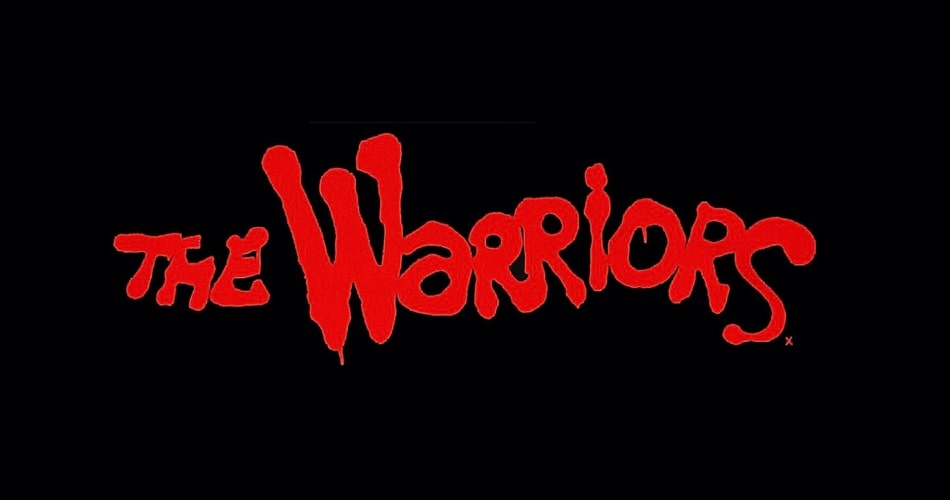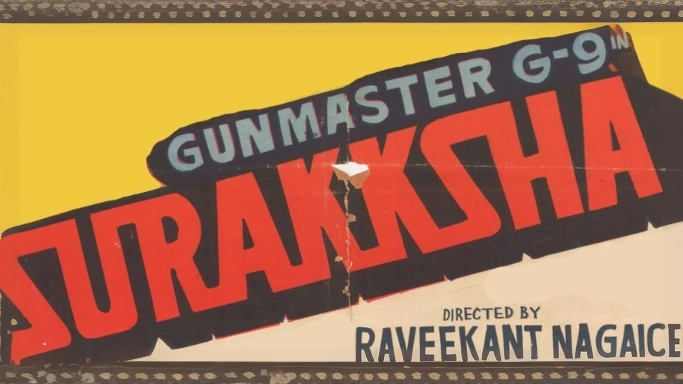The Warriors (1979)
Cast: Michael Beck, James Remar, Deborah Van Valkenburgh, Marcelino Sánchez, David Harris, Tom McKitterick, Brian Tyler
Director: Walter Hill
Nutshell: A hugely entertaining slice of Gang War nostalgia rates as one of the great movies about New York City.

In 1979, The Warriors became a borderline obsession in my life. As an impressionable, somewhat anti-establishment Paki kid at the time. It was the time when people like Prince started to shake it up. “I Don’t Wanna Be A Freak, But I Can’t Help Myself” was on the airwaves, and things were beginning to change. Freaks like Me were starting to step out with a bit of bounce to the ounce and a little spring to the step. The urge to express yourself was massive, as well as the desire to embrace individuality over conformity. Ain’t nobody got time for stereotypes. It was time to smash down some deeply oppressive barriers.
New York City was experiencing a downswing, and the Projects were in terminal decay. The City was broke, a lot like the state of affairs you saw in Gotham City, like in 2019’s Batman movie – total meltdown.
The Warriors plot is from a novel from the mid-1960s, but it is chillingly prophetic and familiar. In the late 70s, Afrikaa Bambaataa managed to call a truce between a range of warring gangs in New York City and attempted to replace musical and dance showdowns on the street rather than the bloodbaths that had become a gruesome reality of life. Bam made headway to some extent, with a grand meeting arranged to strengthen the truce and forge ahead in a new direction. Sadly, the peace was not to last. To many of its audience, The Warriors was about the lives of the blighted urban youth of New York City. It reflected on kids growing up in similar urban jungles worldwide, including London.
The film opened to bad publicity, but any promotion is always welcome in showbiz. There were numerous reports of gang violence and vandalism, and Paramount offered to allow booked cinemas to refuse to screen the film if they felt unsure about the outcome. All the fuss and the adverse reports favoured the film and fuelled curiosity even further. By the time the film opened in London following its eventful opening in the US, audiences were already buzzing in anticipation.
The film begins with all the city groups heading for a Peace Meeting. They come crawling out from every nook and cranny of the City to assemble in a park in the Bronx to stem the mindless violence threatening to decimate families and communities of all races, colours and creeds.
The audience holds its breath. There is euphoria, love, hope and camaraderie thick in the air as soon as you can say, Woodstock, a gunshot, a terrible ringing silence followed by pandemonium. The finger is pointed wrongly at The Warriors, now the target of eight of New York City’s most dreaded gangs. It’s well after midnight, and Miss Juicy Lips announces in her sexy voice on the radio that the word is out and Warrior blood is on the menu tonight. The chase is on. The hunted Warriors must navigate through a city fraught with horrors on every street corner and battle their way to their home turf in Coney Island to see another sunrise. It is an unpretentious action movie at heart and directed brilliantly by Walter Hill, who keeps the action racing. It pulses with energy and tension, never losing focus.
The Warriors knows its audience and understands that the movie will not be up for the Oscars the following year. It cuts out the preachy rubbish and concentrates on delivering a first-class action entertainer with broad appeal among the youth of the time, cutting across all races and divides.
I recall revisiting the cinema on at least three occasions to watch The Warriors at our local ABC on Wimbledon Broadway, forcing friends along in the hope that they would feel the same adrenaline rush I experienced watching the movie. Some did, some didn’t. Maybe it was just a geek thing, or the whole New York late 1970s Bronx Street thing was just down my alley. The music, the colour, the sounds, the danger, the punks, the weirdos, the colour, razzmatazz, the attitudes, and perhaps most of all, the cultural liberation and melting pot New York City represented. Everything pulsated and thrilled – New York City Mashup!
Not long after The Warriors was released, I made tracks to that part of the world. The Zulu Nation, Afrikaa Bambaataa, Tommy Boy, Arthur Baker, Jon Robie, Punk Funk, Prince, Industrial Hip Hop, B-Boys and Sylvester beckoned— and life under the radar of a heritage, authentic but fable-like. You had to live up to the history; breaking from the mould was extra liberating. If I sound like Prince Harry, he and I are equally delusional. Meanwhile, a Ticket and wave goodbye to the UK, where in 1980, it’s all Duran Duran, Eurythmics and Abba ruled OK. Not that I dislike Abba at all. Who can?
Looking back, I sense a sense of self-projection in my view of the film as it wasn’t explicitly about the City’s Hip Hop scene, yet it breathed the same air and lived the same experience. It was New York in the late 70s. Everyone has favourite movies when you’re 17 that stay with you for the rest of your days. The Warriors is one of them. In my own slasher homage film Zibahkhana, The Warriors and Creepshow vibe, a very 80s vibe is blatantly apparent (it better be!).
By all accounts, Walter Hill’s The Warriors should take its place among the most entertaining and electric movies about New York City. The kind of movie you secretly hope they will never make a remake of. David Patrick Kelly as the psychotic Luther provides the film with its most memorable moment in the “Warriors, come out to play” scene. It is relevant to stress the film’s impact on a lad growing up in a rigid and often overtly racist society as opposed to the vibrant racial and ethnic melting pot that New York City represented at the time.
Incidentally, the In The City track by Barry De Vorzon is about as Rock n’ Roll as I get an honest and sad confession but only appealing because of its role in the movie. Does Joan Jett count?
We watched The Warriors first when it released on the weekend of May 10th, it had a wide release, and we remember we didn’t have to trek into the West End for this one and could watch it at the local Odeon or ABC; better value for money and far more convenient if not as splash. The Warriors held its own at the Box Office without setting any records and was even more profitable in the US. Though initially received with negative press, over time, the film has developed a dedicated following and deservedly so. It is a classic and won’t be by impressionable 17-year-olds of the time, especially for those who experienced New York City at a particular time when The Deuce was one of the most incredible experiences on the planet.










